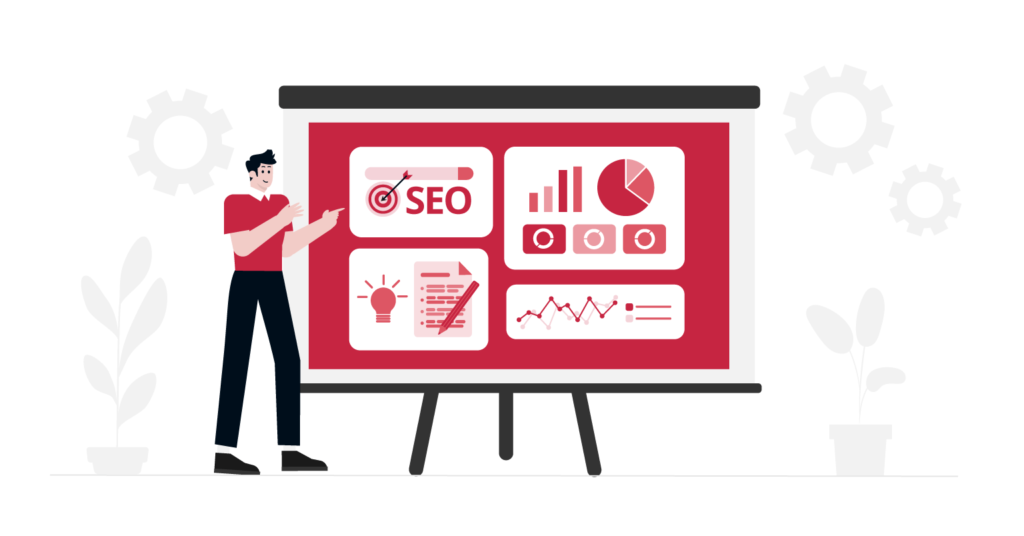Maximizing Your Website’s Potential – A Comprehensive SEO Checker and Analysis Guide

SEO analyzer
Maximizing your website’s potential requires consistent work on several different aspects. Among them are keywords, on-page optimization, backlinks, and more.
Use an SEO analyzer to ensure your web pages are optimized for search engines. You can use these tools to find technical faults and get advice on how to fix them.
Keywords
Whether you are a website owner, an SEO specialist in a marketing agency, or a DIY SEO enthusiast, knowing how search engines work is vital to maximizing your website’s potential. This manual will teach you how to utilize free tools to track and analyze a website’s performance and the best practices for website optimization.
People use keywords to seek your products or services on search engines. It’s essential to do a keyword analysis and select the keywords with the highest traffic volume for your business. Keywords should be reflected throughout the site in titles, meta descriptions, and content to ensure that search engine crawlers find them.
A keyword analysis tool can also provide helpful information about a website’s structure and content. For example, it can identify internal link errors and recommend ways to improve them. It can also evaluate a page’s load time and mobile responsiveness.
On-page optimization
Website optimization can be complicated, especially if there are numerous different kinds of sites. This tool can strengthen your on-page SEO by thoroughly examining your site’s structure, content, and metadata. This will enable your ability to improve your search engine rankings.
It will also highlight any areas that need to be improved. For example, add more descriptive and accurate titles and meta descriptions for your pages. You should also use canonical tags to avoid duplicate content.
On-page optimization is optimizing a web page’s content and HTML code for search engines. It includes keyword research, creating relevant meta tags, ensuring that internal linking structures are structured correctly, and checking whether your URLs are search-engine friendly. The most crucial components of using a website SEO checker free audit & analysis, can aid in achieving top places for your keyword.
Off-page optimization
You’ve probably heard of off-page optimization related to building backlinks, but there’s much more to it than that. Any methods performed outside your website to raise its search engine position are called “off-page SEO.” This includes commenting on blogs, joining forums, and guest posting.
These off-page SEO techniques aim to prove to search engines that your site is authoritative, authentic, and trustworthy. They also help to drive traffic and build brand awareness.
Creating a blog or newsletter is one of the best ways to optimize your off-page SEO. You may communicate with your audience more directly, which can improve your rankings. Just be sure only to include relevant, high-quality content. It’s also essential to have a link to your website so your readers can find more information.
Link building
As a business owner, it’s essential to have a website that is easy to navigate, provides valuable content, and is optimized for SEO. However, more than a website is needed to ensure a high ranking in search engine results pages (SERPs). This is where effective link-building comes in.
While it takes time to build links, a successful campaign should eventually show an uptick in the number of referring domains. You can use tools to track this growth.
One of the most effective link-building strategies is creating unique, authoritative content people want to link to. This can be accomplished by writing an in-depth blog post about your product or service, creating a resource page that answers common questions, or conducting community outreach. These techniques will increase the likelihood that other websites will link to your site, helping you achieve your most significant potential.








